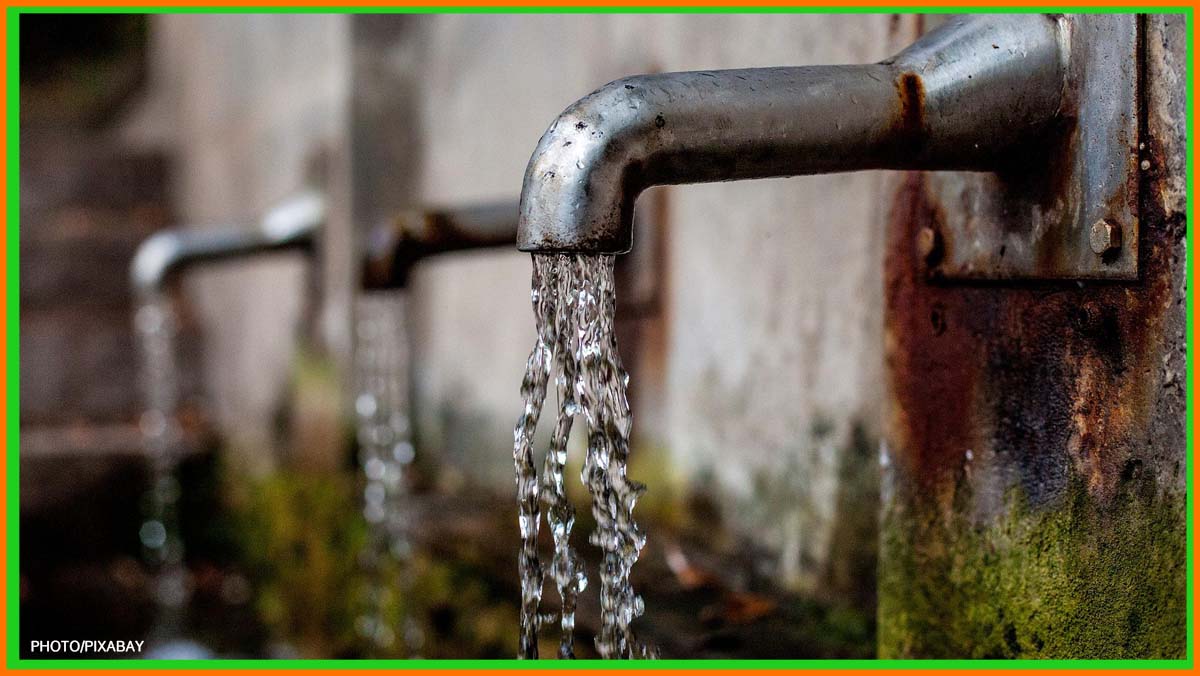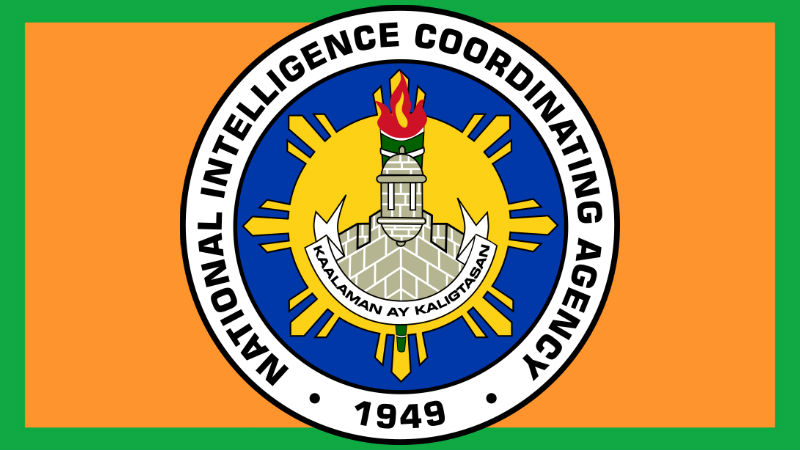The Department of Agriculture Cordillera (DA-CAR) has introduced new modalities in the distribution of interventions to Cordillera rice farmers through the use of the Intervention Monitoring Card (IMC), which will digitalize the processes of distribution to be handled by merchants and suppliers with its counterpart service provider, giving primary preference to the choices of farmers in terms of seed and fertilizer assistance.
In the stakeholder meeting held at the DA-RFO CAR, Regional Rice Focal Person Edwin Joseph Franco explained that the new modalities introduced to merchants and suppliers are seen to improve the processes of distribution of interventions to rice farmers in the region, which will pilot the use of the IMC.
“What we want to emphasize here is the way we approach each of our farmers in each cluster and the use of the intervention monitoring card, transitioning from the voucher system. We are presenting the idea of digitalization to the suppliers and merchants, and the method we will apply particularly in clustering, which will now be in bulk based on farmer’s preferences and choices,” Franco explained.
Under the new modality, the suppliers and merchants must show the marketing strategy and dynamics that they will employ to the Regional Field Office.
The suppliers are now given full authority to market their seed and fertilizer products through the merchants, who will engage with the farmers as the end users, with the merchants agreeing on a unified price for hybrid seeds, inorganic and biofertilizers, and soil ameliorants.
Clustering is a strategic approach that involves organizing individual farmers from a specific locality into a group doing a similar business-type activity. Community-based farming is a holistic model-initiative farming system or production that is based in the community where the farmers reside.
Using the IMC in CAR will contain basic information such as the beneficiaries’ name, photo, QR code, RSBSA number, and e-wallet card, which is expected to enhance the DA’s distribution process while ensuring no leakages.
The system would ensure that every transaction is recorded, and every peso is accounted for while warranting the proof of development reaching farmers who need it the most. The system will have real-time payouts, eliminate redundant paperwork, and have 24-7 IT support while giving DA-CAR more time to provide technical support to the farmers.
“I hope digitalization will solve this. DA-CAR will now assess the general sentiments of the private companies and merchants with the new modalities of doing business with the government while supporting the efforts and initiatives towards the digitalization of the department, providing better service to our farmers,” Franco added.
The program budget for this year for hybrid seed is P118.65 million, P272.82 million for inorganic fertilizers, P98.72 million for biological fertilizers, and P65.81 million for soil ameliorants, for a total budget of P555.99 million.
DA Director for digitalization and value chain Glenn Estrada pointed out that although the digitalization program may be considered disruptive because of becoming unusual, the stakeholders now are empowered to exercise preference by making the program more inclusive, giving voice to the choices of farmers who require the superior quality of products that they are to use on their farms.
“The critical part of our program on digitalization through the use of the IMC are the merchants and suppliers since they will be the gateway of the program. The true innovation here is on how we involve the private sector to be part of facilitating the program while stressing integrity and accountability,” Estrada stated.
DA-CAR Regional Executive Director Atty. Jennilyn Dawayan reiterated the need for suppliers, merchants, and farmers to exercise communication in conforming to the new modalities introduced during the said stakeholders meeting, to ensure the efficiency of the program.
“I know that this transition to digitalization is not easy, and we expect problems to arise, but I believe that we have a common goal to make this project a success. This is in line with President Marcos’s effort to support digitalization, and with the success of the program dependent on the farmers, merchants, and suppliers, we look at this as a collective and shared responsibility for our farmers in the Cordillera,” Dawayan said. By JTLlanes
















